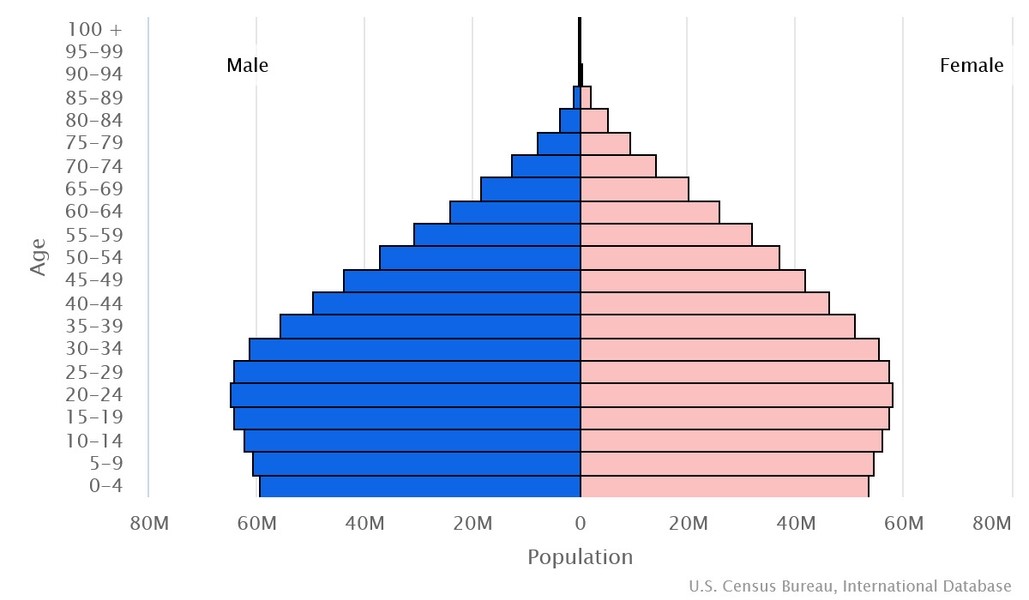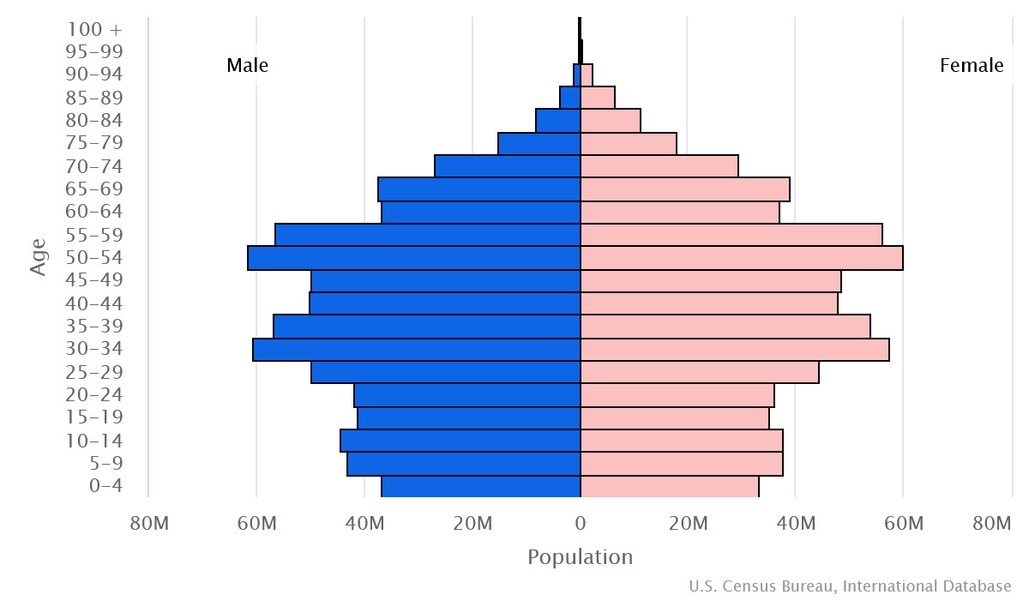European nations are getting worried about another Donald Trump Presidency. That worry is
prompting some of America’s staunchest allies in Europe to push their neighbors that are more reluctant to spend into further action on defense and security.
To the extent that’s accurate and, if so, it bears serious fruit, that would be good, and ample justification for reelecting Trump.
In a sign that European officials are starting to address their armaments shortages, NATO Secretary-General Jens Stoltenberg on January 23 announced a $1.2 billion multicountry contract for 200,000 155-millimeter artillery shells, a type being heavily used in Ukraine. The shells will be produced in France and Germany and purchased by Spain, Belgium, and Lithuania.
That’s an insultingly puny step that, by itself, can’t be anything more than cynical virtue-signaling. Those 200k shells are a just a day-and-a-half expenditures by both sides combined at Verdun. Verdun was an extreme usage, certainly, but the Ukrainians are facing a much better equipped barbarian army today than the German army was that the French faced then. Those 200k shells might last a week or 10 days on defense; it’s not enough to sustain an offensive.
And what else are the European NATO nations doing?
European leaders are struggling to align against what many see as a severe potential threat to the postwar order and the prosperity that Washington’s security umbrella has brought to the continent. NATO, which turns 75 in April, has allowed Europeans to focus on economic development, confident that the US would repel threats from Moscow or elsewhere.
And
Despite increased European military spending [miniscule as it is—ed.], high-level talks are failing to deliver big results in part because the cost of shifting from US-backed security to a more independent stance would be enormous.
Translation: the European NATO nations are doing little more than continued empty yapping.
And this:
Many European NATO countries say their increases in military spending were prompted more by Russia’s initial 2014 invasion of Ukraine and subsequent hostility than by Trump’s threats. Last year, nine of NATO’s 29 European members met the alliance’s target of spending 2% of gross domestic product on defense by 2024, compared with just two in 2014 when NATO set the threshold. About half are expected to hit the target this year.
That’s just disingenuous. Of those seven since 2014 who increased their spending, five of them came during the Trump administration or immediately after, with their budgets already set in the last Trump year. And at that, Germany promptly welched and redid its military spending budget downward. Only two acted in response to Russia’s “subsequent hostility”—itself a cynical euphemism for the barbarian’s 1922 invasion of Ukraine.
These nations’ failure to date is their betrayal of their fellow NATO members—they’re holding themselves incapable of responding materially to an attack on a fellow member. Their failure to date is a betrayal of their own citizens—they’re holding themselves incapable of responding to an attack on themselves.


